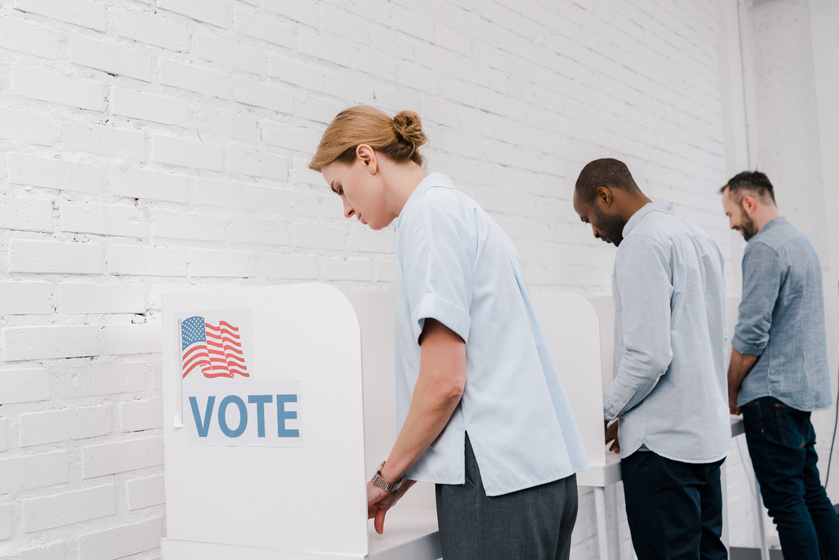LANSING, MI — Michigan Governor Gretchen Whitmer (D) signed a series of bills into law on Monday aimed at tightening regulations on election recounts. The new laws prohibit recounts conducted on the basis of fraud allegations unless the results could impact the election outcome.
Governor Whitmer emphasized the importance of these measures, stating, "This legislation supports fair and free elections, ensuring the winner can take office without unnecessary interference."
Senate Bill 603 introduces numerous provisions governing election recounts. It clarifies that a recount is not an "investigation or an audit of the conduct of an election," and does not assess the qualifications of voters or the manner in which ballots are issued. Additionally, the law mandates that election boards must refer allegations of fraud to the county prosecuting attorney or the state attorney general, rather than investigating themselves.
The legislation specifies that candidate or ballot question committees can only request recounts for precincts where there is a significant discrepancy between the ballots collected and those issued. This discrepancy must be large enough that reallocating the questioned votes to the losing side could change the election result. Otherwise, a recount cannot be requested.
An analysis by the state House Committee on Elections highlighted past recount requests, such as Green Party candidate Jill Stein's 2016 presidential race recount, despite receiving only 1.07% of the vote. Similarly, in 2022, petitions were filed for recounts of two ballot proposals due to alleged voter fraud, though neither would have impacted the results.
To deter frivolous recounts, the bill increases the fees required to request a recount, ensuring municipalities can conduct them effectively and accurately. By imposing higher costs for larger victory margins, the state aims to discourage unnecessary recount requests for non-competitive races.
State House Republicans, including State Rep. Ann Bollin (R), have expressed opposition to these provisions. Bollin remarked, "I understand the importance of preventing frivolous recounts, but we must also acknowledge the rights of candidates and voters to ensure they have confidence in the results. By making recounts too expensive, we are effectively pricing out local candidates from ensuring the accuracy of election results and diminishing the public’s confidence in the process."
The bill also requires that any recount must be filed within 48 hours after vote certification by the board of county canvassers, preventing prolonged delays in finalizing election results. It establishes that willfully interfering with a recount or its activities is a felony offense, as outlined in Senate Bill 604, which amends state sentencing guidelines to impose penalties of up to five years for such interference.
State Sen. Stephanie Chang (D) praised the reforms, stating, "Today, with the signing of our common-sense recount law reforms, we are strengthening our democracy and ensuring that we reach the most accurate count of the ballots possible during a recount process. These laws achieve critical goals of protecting the security of every vote, modernizing our recount process, and uplifting the voices of Michigan voters."
Governor Whitmer added, "These bills reflect our commitment to ensuring the integrity of our electoral process and upholding the principle of one person, one vote.
B 603 is among several election-related bills promoted by Democrats in Lansing that Republicans said in June are systematically dismantling the ability of election officials to administer fair and accurate elections, Michigan Advance reports."
“Whether you’re an independent, Democrat or Republican, this doesn’t help you,” state Sen. James Runestad (R-White Lake) said. “This kind of stuff is crafted to get an outcome for the people who are not transparent.”
State Sen. Jonathan Lindsey (R-Coldwater) said what Michigan Democrats are doing now is codifying “the ability to manipulate elections in the law,” leaving the door wide enough so they can “pull off the outcome they want in an election.”
“We’ve heard it said over and over, ‘The 2020 election was the most secure election in American history’ — and this is crazy,” Lindsey said. “I think anytime you open the door and leave a possibility for people to cheat, especially in important things, some subset of people are going to do that.”




















